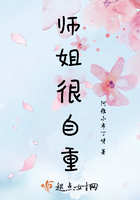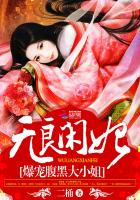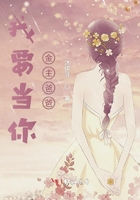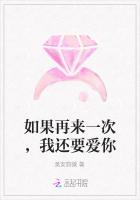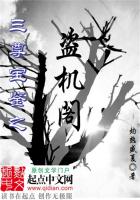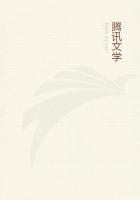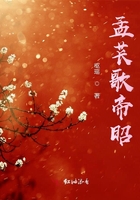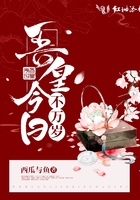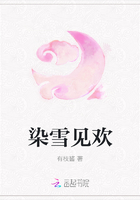In this context Mantra says that “the Kunlun people in the remote sea area do not understand this but learned under the influence of tīrthakas so that the Hīnayāna scholars of that country do the same.” Here the sea means the South Sea and Kunlun was the name in ancient China calling the aboriginal people in the South Sea area. We find in Jiu Tangshu, The Old History of Tang Dyanasty such accounts: “Living to the south of the country of Linyi, the people are black and with curly hair on their heads. They are all called the Kunlun.”The words of Mandra shows the area during that time was not only under the influence of Buddhism but also under tīrthakas, that is, Brahmanism. The Buddhism in the area included both Mahāyāna and Hīnayāna, of course, and both these were from India.
About the kingdom of Funan we can also find other accounts in Chinese literature. The most detailed is from Lianshu, The History of Liang Dyanasty. It talks on the diplomatic relation between Funan and China:
After that the King of Funan was Kaundinya. He was originally from Brāhmana family of India. As the God said he would be a king of Funan he was happy and went to the country of Panpan in the south. When the people of Funan heard of that, the whole of the country were happy to support him to be a king. They welcomed and crowned him as their king. Then the new king changed the administrative system and adopted Indian laws. After Kaundinya died, King Dhrtavarman (·) succeeded. In the time of Emperor Wendi of the Song (424-453 C.E.), King Dhrtavarman dispatched an envoy to China and to present gifts. During the reign of Yongming (483-493 C.E.) King Jayavarman sent an envoy and presented tributes. In the second year of Tianjian (503 C.E.), he sent an envoy to present corals, the image of Buddha and other aborigine products. The Chinese Emperor issued an edict saying: Kaundinya Jayavarman, the King of Funan, living in the far sea area and ruling the South area for some generations, with great loyalty known far away, now presented tributes, through several times translations. It should be accepted and given the honour of the title of General Annan and the King of Funan.
As Mandra arrived at Jiankang in the second year of Tianjian, it is very probable that he came together with the royal delegation of Funan. According to Liangshu, in the tenth, thirteenth, sixteenth years of Tianjian (511, 514, 517 C.E.), the first year of Putong (520 C.E.), the second year of Zhongdatong (530 C.E.), the first and the fifth years of Datong (535, 539 C.E.), each year there arrived one delegation from Funan. It shows how frequent the communication was between Funan and China. And this is why Emperor Wudi of the Liang decided to build a house called House of Funan in the capital particularly for the various people arriving from Funan. Meanwhile many books were brought by these people from Funan to China. In the Bibliography Section of Suishu, The History of Sui Dynasty, under the title of Book of Brahmana Scripts we find a record saying “there was a Hu Script Book from Funan kept in the Liang”.The Hu Script Book of Funan was obviously different from the Book of Brāhman ·a Script, which was generally thought to be from India, though both unfortunately have been lost quite a long ago. Understanding from the title Hu Scripts Book of Funan, it is very possibly a book written in the scripts of ancient MonKhmer language.
One point during the Liang Dynasty is that not only those Buddhist monks originally from Funan arrived in China and translated Buddhist texts, just as Mandra did, but also some Indian Buddhist monks traveled to China through Funan. One example is the well known Indian Buddhist monk scholar Paramārtha. We find his biography also in Daoxuans book Xu Gaoseng Zhuan. Paramārtha is also called Kulanātha in the Biography. The text reads as follows:
During the years of Datong (535-546 C.E.), the Emperor dispatched Zhang Fan, an officer of Zhihou, together with others to send the envoy of Funan back to their country. One of the delegations tasks was to invite the well known Buddhist scholars knowing the Tripitaka, the Mahāyāna texts and Zahua Jing and others. The fame of Paramārtha was widely known and his behavior set up a model as a saint. When the Chinese delegation searched for excellent scholars, wishing to benefit the people, Paramārtha was advised by the people of that country to come to China, bringing along Buddhist texts, in accordance with the Emperors order. Since Paramārtha already intended to do this anyway, he happily accepted the advice. He arrived at Nanhai (todays Guangzhou), on the fifth day of the eighth month of the twelfth year of Datong (546 C.E.). After that he spent two years before he arrived in the capital (of China) in the second year of Taiqing (548 C.E.).






